Climate-neutral mobility by 2050: How can we get there?
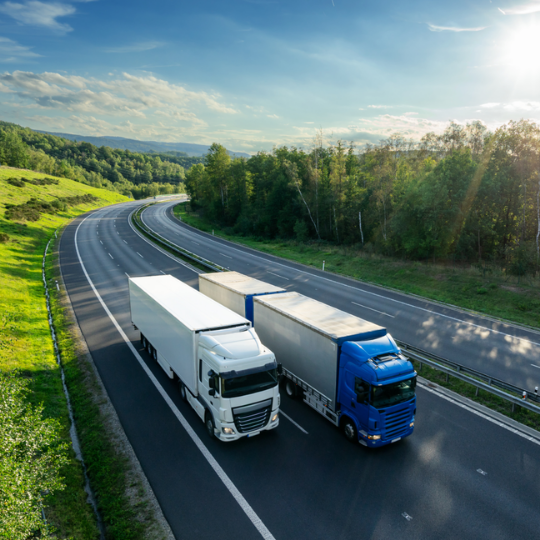
.png)
The Netherlands and the EU are legally committed to net-zero emissions in 2050. The legal commitment gives us some assurance that governments will have to proceed with supporting the energy transition. The big question is — how?
According to a study conducted by PBL and TNO, achieving climate-neutral transportation in the Netherlands by 2050 requires a significant ramp-up in the use of renewable fuels.
The transportation sector will require a complex shift from a system revolving around a singular fossil energy molecule to a range of different but complementary energy solutions. Diving into the different transport modalities and combining the insights in sector projections towards 2050, the PBL and TNO reports provide a valuable insight for the industry and policy makers alike.
Some of the key research findings include:
Special attention is required for hard-to-abate sectors
The energy demand projections towards 2050 (both conservative and innovative scenarios, see graph 1) show that:
- The transition in the car-sector is heading in the right direction and is in a scale-up phase. EVs are pivotal in this modality. The biggest challenges now are to scale up the charging infrastructure and scale down the existing carpool.
- Shipping, aviation and heavy road transport still have significant strides to make.
Liquid fuels will remain to play a key role and the challenge is to make them more sustainable. This mainly involves biofuels and hydrogen-derived products like e-fuels.
That said, the transition in aviation and shipping is also in its early stages, characterised by uncertainties in international regulations and underdeveloped policies.
.png?width=1410&height=1182&name=Conservative%20(5).png)
Graph 1: Energy demand of mobility sector in the Netherlands, 2050
Controlling energy use will be essential
Organic growth in transport volumes across all modalities is projected. This growth not only increases the demand for scarce raw materials and renewable energy but also amplifies the challenge of achieving climate neutrality. Naturally, as transport volumes rise, they exert additional pressure on the sector's climate impact.
This relationship is depicted in the equation presented within graph 2: transport climate impact = transport volume x type of transport x energy efficiency x fossil carbon content.
To achieve climate neutrality by 2050, it is crucial to transition from fossil fuels to renewable energy sources. We must focus on enhancing energy efficiency and managing transportation volumes.
.png?width=1410&height=1182&name=Conservative%20(6).png)
Graph 2: Three routes to reduce the climate impact of mobility sector
Our frontrunner ambitions
At FincoEnergies, we are committed to facilitating the transition toward sustainability, especially in hard-to-abate sectors, such as heavy road transport and the maritime sector.
By 2035, our own ambitions exceed the regulatory ambitions fiercely, by aiming for at least 80% share of renewable energy in our portfolio. We are confident in our ability to achieve this goal, though success depends on the cooperation and willingness of companies, society, and governments throughout the entire supply chain.
Embrace sustainable shipping and transport practices today
The comprehensive studies by PBL and TNO illustrate the necessity for a significant shift towards renewable energy sources across all transport modalities, particularly in shipping and heavy road transport sectors. Companies must prioritise rapid adaptation of sustainable practices, not only to align with regulatory mandates but to lead in the transformation toward a sustainable future.
This involves embracing innovative energy solutions, improving energy efficiency, and collaborating across sectors to scale these practices effectively. The time to act is now—sustainable transportation isn't just a regulatory requirement, it's a cornerstone for future business resilience and growth.
At FincoEnergies, we provide tailored decarbonisation solutions for cargo owners and transport companies to collaborate effectively. We supply high-quality renewable fuels with GoodFuels for various modes of transport and offer comprehensive insetting and offsetting solutions with GoodShipping and GoodZero.
Furthermore, we actively engage with other stakeholders, including policymakers, to advance the transition to the next level.
Get in touch with our experts to find out what practical steps towards incremental decarbonisation your company can take today.
Want to learn more?
The PBL and TNO reports (in Dutch) can be found here.
Get in touch with our experts
Connect with our team to find out what practical steps towards decarbonisation your company can take today.
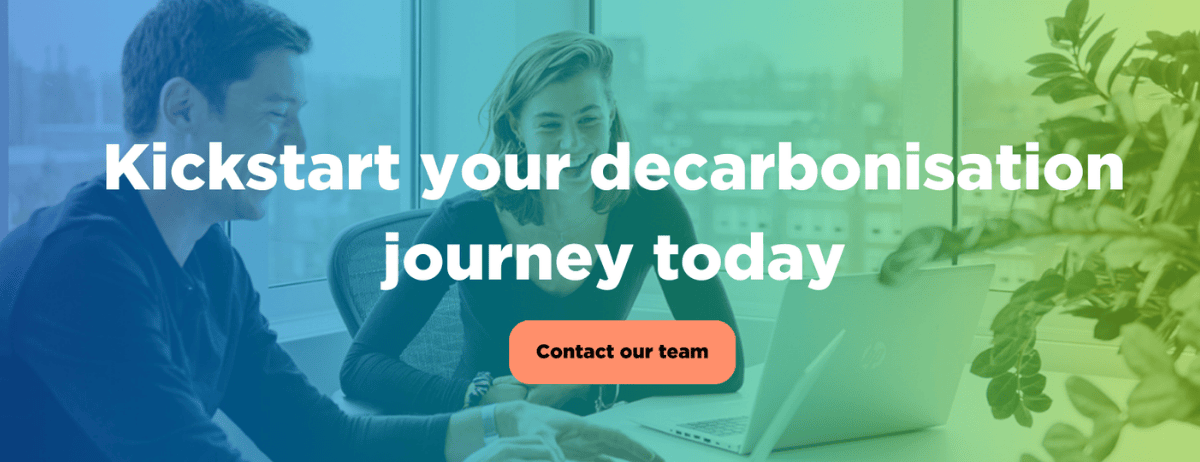
News & blog posts
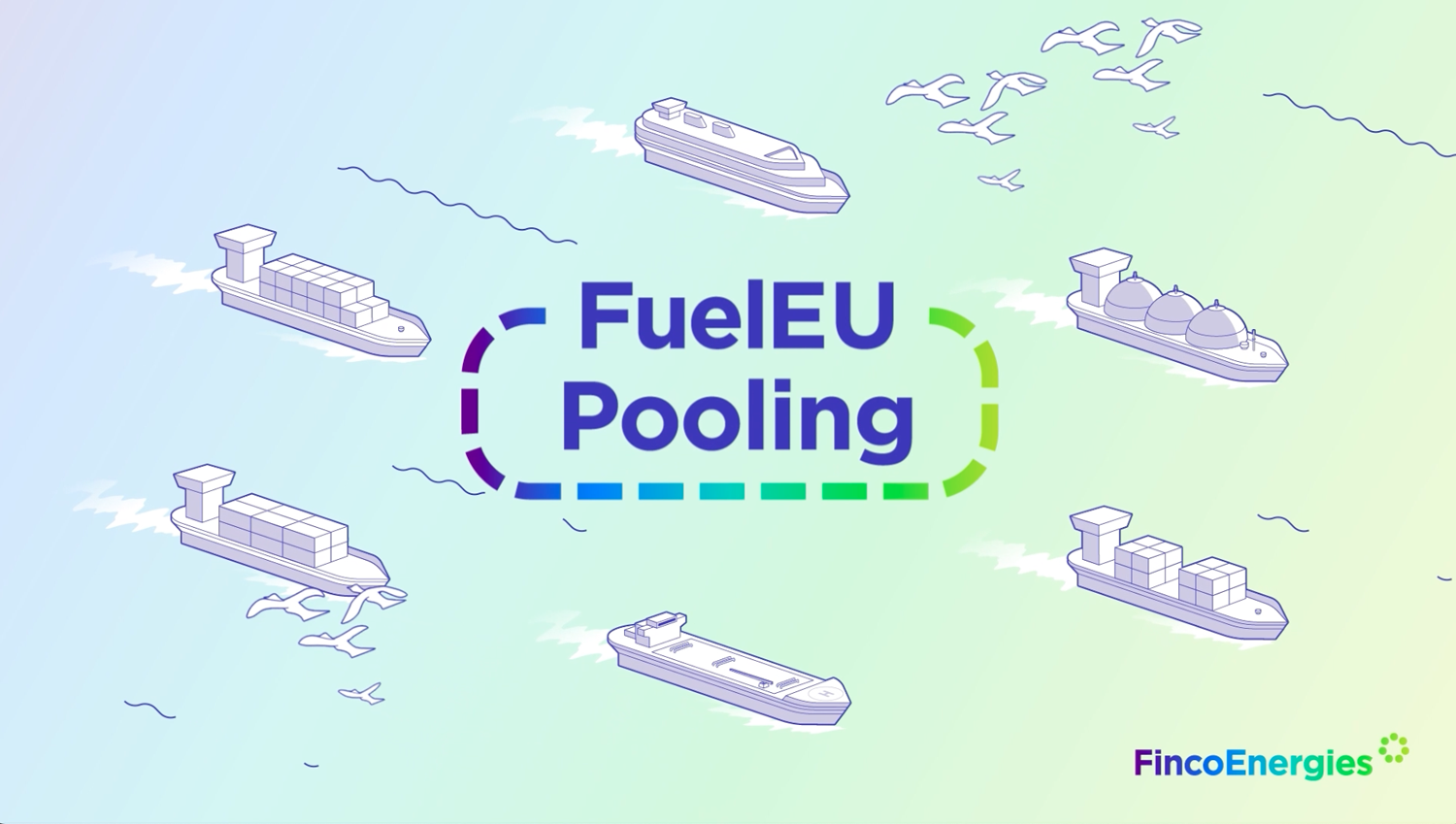
News | FincoEnergies | 16-04-2025
FincoEnergies launches FuelEU Pooling, helping shipowners comply with FuelEU Maritime
Read this story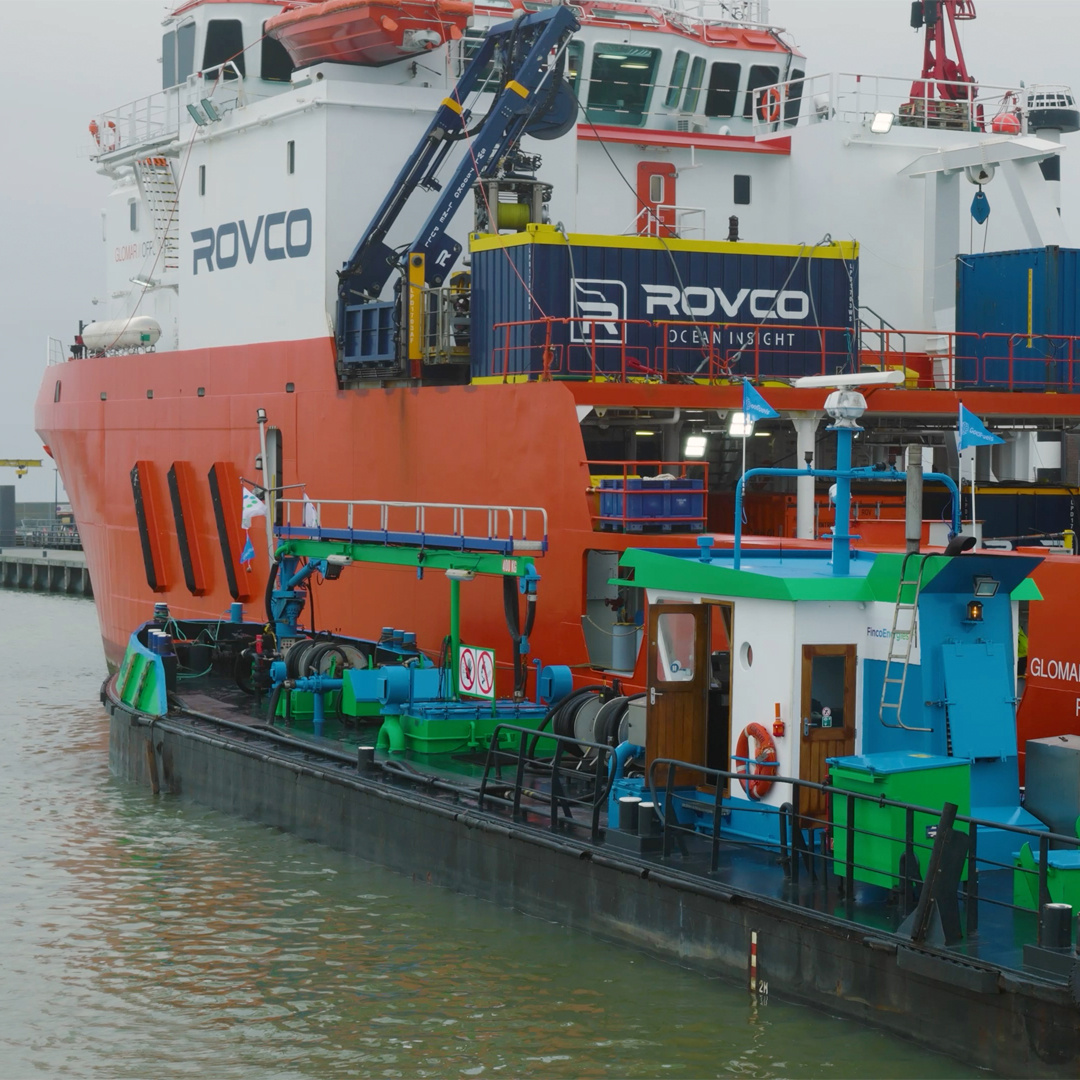
News | FincoEnergies | 24-03-2025
Next-Level Sustainability: Why Glomar Offshore Chooses HVO40
Read this story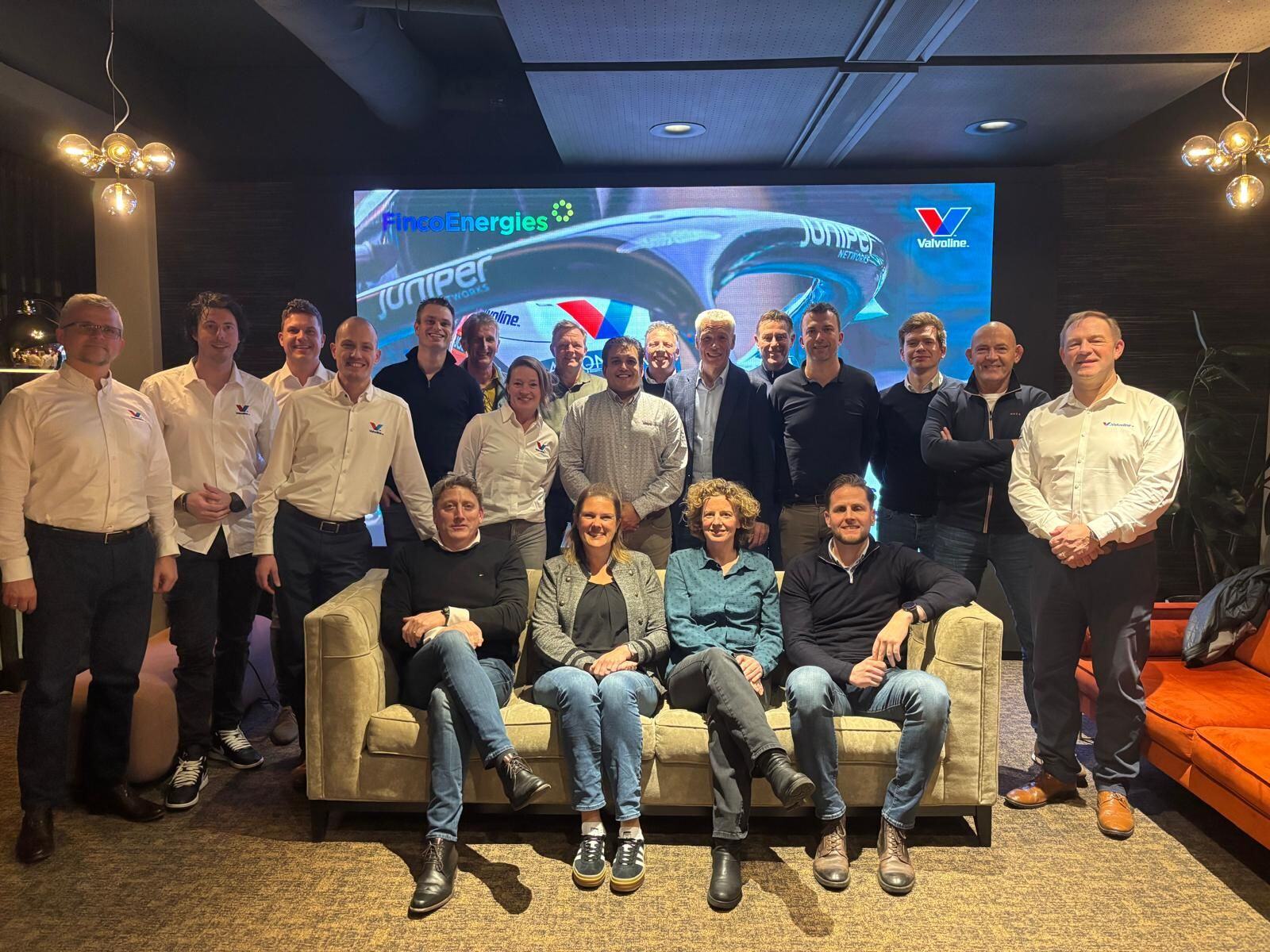
News | FincoEnergies | 27-01-2025
FincoEnergies expands its range with Valvoline lubricants.
Read this story
News | FincoEnergies | 10-12-2024
How Samskip drives decarbonisation in multimodal logistics with Biofuel Swap
Read this story
Ready to explore
more?
more?




